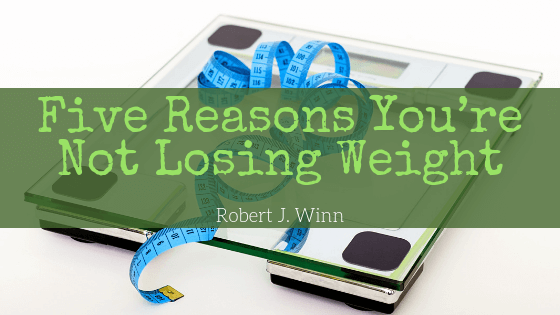Are you hitting the gym four times a week and restricting your calories, but still struggling to lose weight? There may be a few reasons why the number on the scale isn’t decreasing the way you want it to.
Not eating enough or often enough
While this may seem counterproductive, after all, you’re supposed to be eating less to lose weight, not eating enough throughout the day will put your body into starvation mode, which makes you store fat instead of burning it. Eating keeps your energy up and eating regularly throughout the day helps to keep you from overeating at mealtime. Some nutritionists recommend eating every three to four hours and incorporating healthy snacks into your day, like nuts or protein bars.
Not getting enough protein
20 to 30 percent of your daily calorie intake should come from protein. Eating plenty of protein helps to boost your metabolism and keep you feeling full throughout the day. Eating more protein helps to keep your cravings for sweet and salty snacks under control, which prevents you from snacking on unnecessary calories. Protein is the most essential nutrient to be eating to lose weight. Eat a protein-heavy breakfast to feel less hungry throughout the day.
Not sleeping enough
If you get less than seven hours of sleep at night, that could be preventing you from losing weight. When you aren’t getting enough sleep, your body feels hungry all day, and you crave sugary snacks, thanks to increased levels of ghrelin and decreased levels of leptin. A tired brain is more likely to give in to the junk food cravings.
Taking the wrong approach
The secret to lasting and healthy weight loss isn’t dieting and putting strict restrictions on the foods you allow yourself to eat. Instead, it’s building a healthier lifestyle. Reframe your weight loss thinking. It’s not a race to a finish line; it’s a lifelong journey with a focus on making healthy and balanced choices.
Focusing too heavily on the scale
When dieting, you want to see the number on the scale steadily decrease, and it can feel very discouraging when it isn’t. But, the scale doesn’t portray the larger picture. If you’re exercising regularly, you’re most likely gaining muscle. Muscle is denser than fat, meaning your body composition can be changing without the number on the scale budging. Instead of stepping on the scale every day, start measuring your waist with a tape measure and take progress pictures monthly. These may help you to see the progress you’re making.

